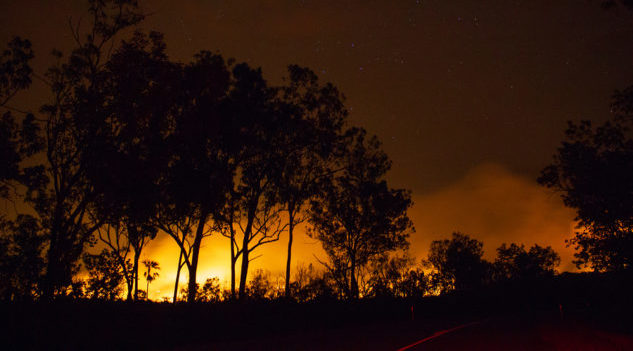New research has revealed the adverse effect of summer’s extreme weather patterns on the SME community. According to a survey by online lender OnDeck, 65 per cent of SMEs have been impacted by climate and weather-related events in the past, with 25 per cent of them saying the impact has been “severe”.
The research noted the extent to which weather-related events impacted SMEs last summer, namely:
- 48 per cent – bushfires and smoke
- 36 per cent – drought and water restrictions
- 31 per cent – flooding and/or cyclones.
“Australia is a land of weather extremes, and while the small business community is still navigating a recovery from the COVID crisis, our research shows many SMEs are also concerned about the prospect of extreme weather events occurring again this summer,” Cameron Poolman, CEO of OnDeck Australia, said.
“Over one in two (53 per cent) small-business owners anticipate they will be impacted again by bushfires in the months ahead, and 44 per cent expect to feel the pinch of either drought and water restrictions or flooding.”
Despite the great deal of concern regarding extreme weather, the research noted that 49 per cent of Australia’s small businesses take proactive steps to prepare for these events.
“SMEs have a lot on their plate right now, and many will be focusing on making the most of the festive season to compensate for lost revenue during 2020,” Poolman said. “But extreme weather events can take all of us by surprise, and having an action plan in place is a sensible strategy that can help a business survive the summer ahead.”
OnDeck suggest the following strategies to prepare for extreme weather:
- Have appropriate insurance over in place
Review business insurance and determine where possible gaps exist in the event of extreme weather. - Follow bushfire-safe guidelines
Review the information material provided by state bushfire authorities to keep premises as bushfire-safe as possible. - Consider supply chains
Have a back-up plan in place for delivery of supplies, which may be disrupted during extreme weather. Also consider how to fulfil customer deliveries in such instances. - Train staff
Hold emergency drills with staff in case of extreme weather. - Have cashflow needs sorted in advance
Understand how the business can access cashflow fast in the event of an emergency.













